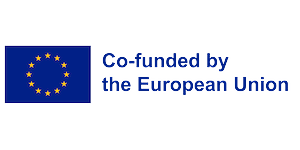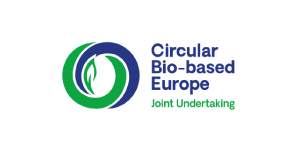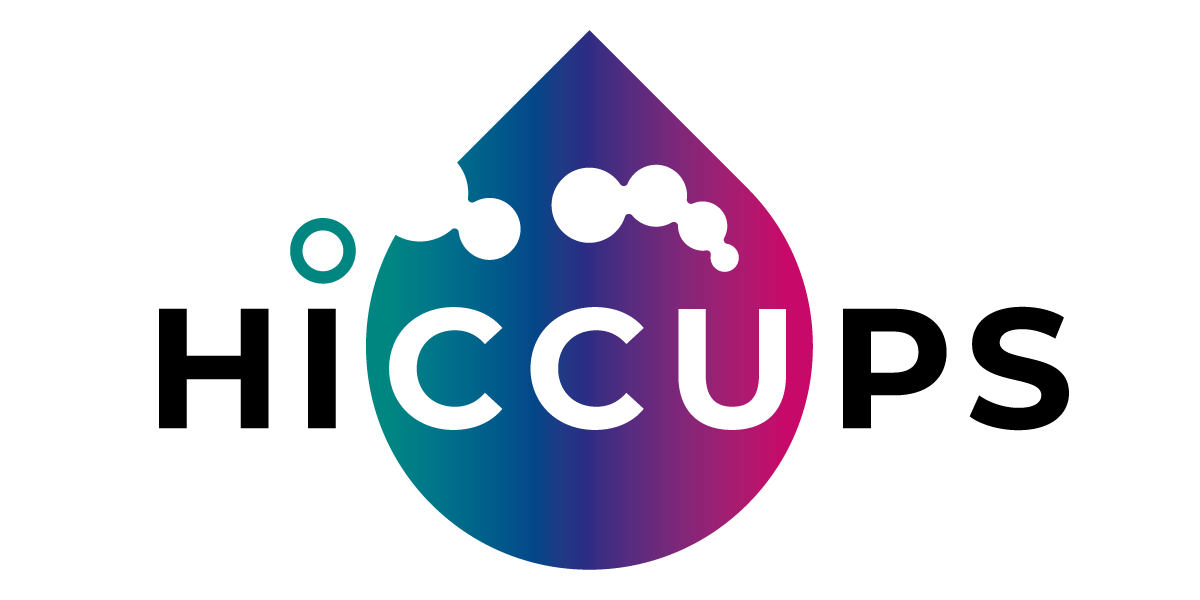
Turning CO2 gained from wastewater sludge into bio-based polymers for packaging materials by using electrochemical conversion
Twelve partners of seven countries will demonstrate the full value chain from biogenic CO2 gained from wastewater to polymer end-use in the 4-year Horizon Europe project.
The acronym HICCUPS stands for “Highly Innovative technology demonstration for bio-based CO2 Capture and Utilization for production of bulk plastics applications”, which basically means, that HICCUPS proposes a resource efficient solution to convert biogenic CO2 emissions from wastewater treatment plants into bio-based polymers for the packaging industry.
PLGA is a polymer with excellent water and gas barrier properties, fully biodegradable and completely made from renewable feedstock, which makes it a promising candidate for the replacement of fossil polyethylene. Demonstrating the potential of PLGA, packaging materials will be produced with PLGA film-coated paper and moulded plastic. Examples of this type of packaging include coated paper for food packaging.
The HICCUPS process in detail
To demonstrate the entire value chain from biogenic CO2 captured to the final application of PLGA (Poly(lactic-co-glycolic acid)), a high level of expertise and experience will be required from the partners over the next four project years. At first, the global group ACCIONA for sustainable infrastructure solutions (Spain), together with Aqualung Carbon Capture company (Norway) and research partners SINTEF (Norway) and FUNDITEC (Spain) will be responsible for CO2 capture and the purification process of the CO2 present in the biogas produced during wastewater treatment. They will build a demonstration plant at wastewater treatment facility operated by ACCIONA's in Spain, considering the average characteristics of the gas stream produced during the anaerobic digestion of wastewater sludge using Aqualung’s patented membrane technology. Aqualung’s membrane technology offers versatility and flexibility in order to tailor solutions for CO2 separation from various sources including flue gas and biogas resulting in high efficiency and better economics at the lowest footprint.
The Dutch renewable chemistries manufacturer and project coordinator Avantium will use two of its innovative technologies that can be combined: First, the one-step electrochemically conversion of CO2 to oxalic acid followed by reduction to glycolic acid. And second, the polymerisation of glycolic acid into the CO2-based plastic PLGA. In this process step Avantium will work closely together with research partner VTT (Finland), who will be responsible for the downstream water removal of the glycolic acid, so that the dried glycolic acid can be further polymerised by Avantium.
The two project partners WALKI (Finland) and Tecnopackaging (Spain) both work in the sector of packaging material production. In the project both partners will look in different applications made from PLGA, especially for the consumer market. Therefore, they will use their industrial pilot plants to produce real PLGA packaging materials and test it for various criteria, such as the extrusion performance and liquid and gas barrier properties. Walki for example will carry out both extrusion and wet coating trials on fibre substrates to produce coated paper and board samples. Moreover, the research team on bio-based and green polymers of University of Ferrara (Italy) will do the processability research to determine the optimal conditions for the paper coating.
To demonstrate the potential of the HICCUPS technology for the packaging industry, a number of accompanying studies will be initiated during the project, including digital projections, life cycle analyses, biodegradability and recycling studies and a comprehensive business case analysis. These studies will be conducted by well-known institutes such as the University of Amsterdam, INRAE (France) and nova-Institute (Germany). Furthermore nova-Institute and Avantium will also be responsible for dissemination, communication and knowledge transfer of the project.
Meeting in Amsterdam
The HICCUPS project was launched in September 2023 and will run until the end of August 2027. It is funded by EU Horizon Europe with a grant of 5M€.
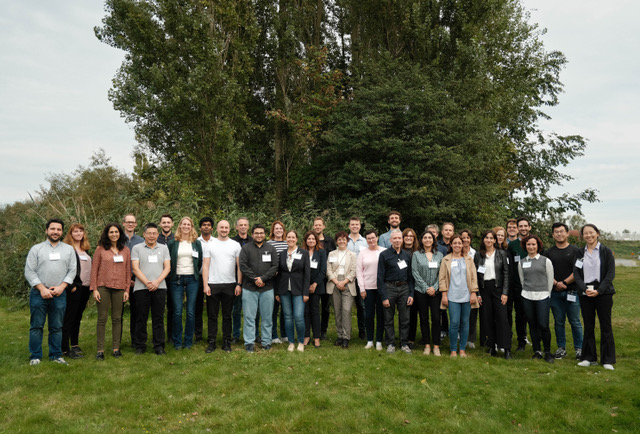
The kick-off meeting was held in Amsterdam to discuss the first details that will become relevant in the course of the project. It was also a chance to get to know each other personally, which often makes working in international projects easier. All partners are looking forward to four interesting years of research.
Project coordinator
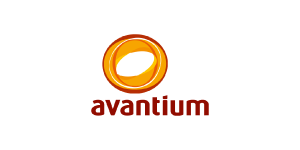
Project partners
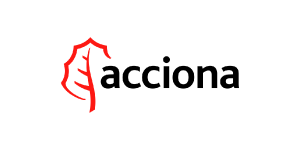
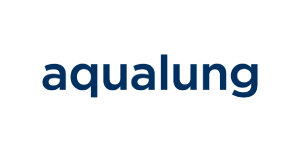
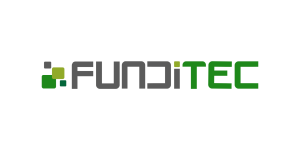
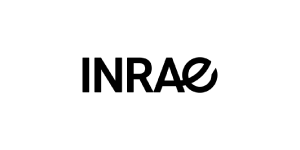
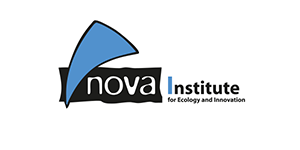
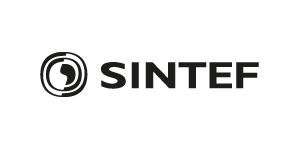
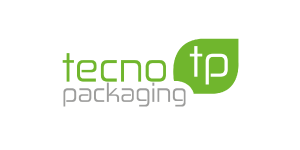
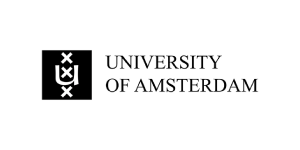
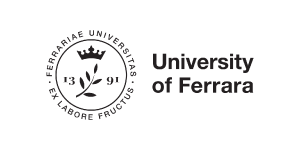
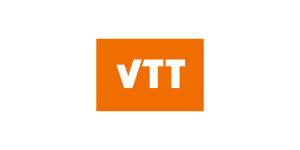
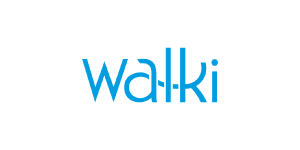
Contact
nova-Institute for Ecology and Innovation
Svenja Dahl
[email protected]
Verena Kuhlmann
[email protected]
Funding
Funded by the European Union. Views and opinions expressed are however those of the author(s) only and do not necessarily reflect those of the European Union or CBE JU.
Neither the European Union nor the CBE JU can be held responsible for them.
